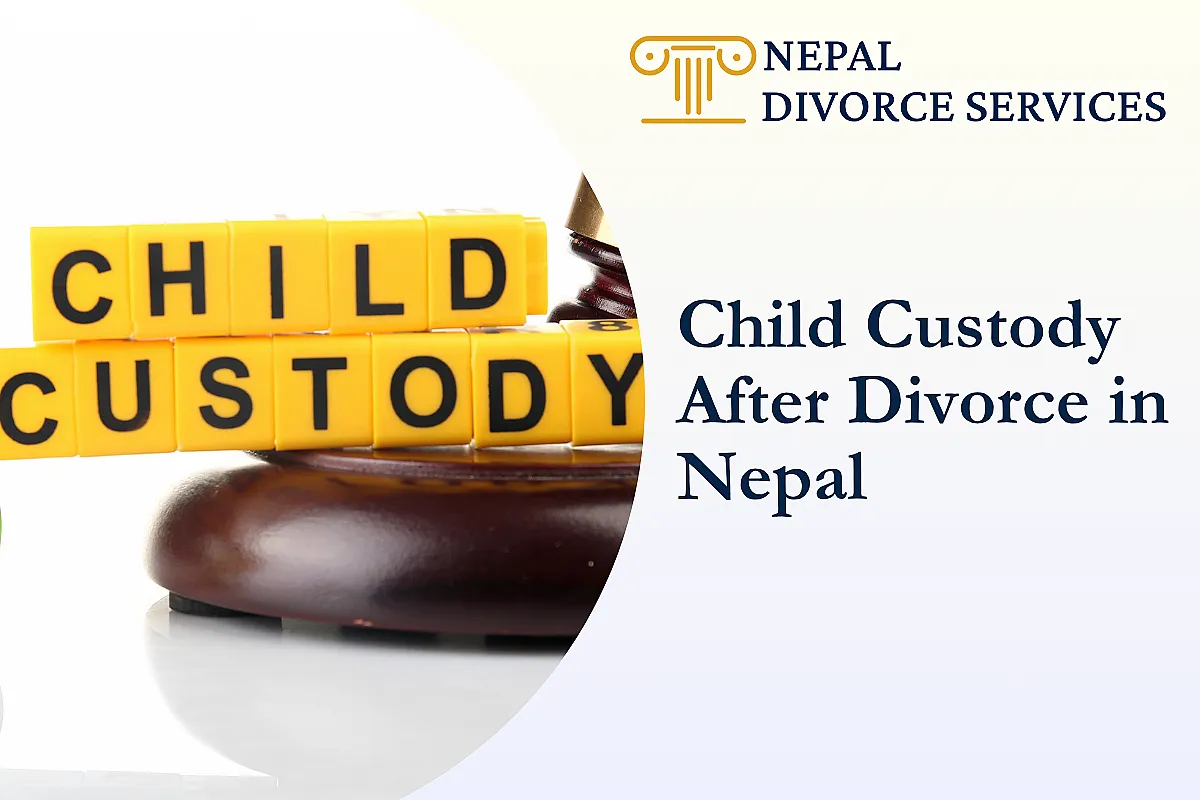Tag : Family Law Firm
Divorce in Nepal: Types, Advantages, and Disadvantages
Divorce in Nepal involves navigating legal pathways to end a marriage, either through mutual consent or a court order. This article details both methods, highlighting their advantages and drawbacks. Mutual consent divorces offer a quicker and less expensive resolution, while court-ordered divorces provide a formal structure for resolving disputes. Learn about the specific grounds for divorce under Nepal’s National Civil Code and get actionable advice on how to approach the process.
Child Custody After Divorce in Nepal: Legal Provisions and Essential Information
Navigating child custody in Nepal can be complex, especially during divorce. This guide provides an overview of the legal framework established by the Muluki Civil Code 2074, outlining key considerations like the best interests of the child, age-based presumptions, financial responsibilities, and visitation rights. Empower yourself with the knowledge needed to make informed decisions for your family's well-being.
Divorce Lawyer in Kathmandu: How to Find the Best One for Your Case
Divorce is a legal process that can be stressful, complicated, and emotional. It involves the dissolution of a marital relationship and the division of assets, liabilities, and responsibilities between the spouses. If you are going through a divorce or considering one, you may need the help of a professional divorce lawyer who can guide you through the legal system and protect your rights and interests.
How the Civil Code 2074 (2017) reformed divorce and family law in Nepal
Divorce and family law are the legal aspects that govern the formation, dissolution, and consequences of marriage and family relationships. Divorce and family law can affect various issues such as grounds for divorce, alimony, child custody, child support, property division, debt allocation, inheritance, adoption, etc. Divorce and family law can have significant impacts on the rights and interests of both spouses and their children.




-reformed-divorce-and-family-law-in-Nepal-medium.webp)